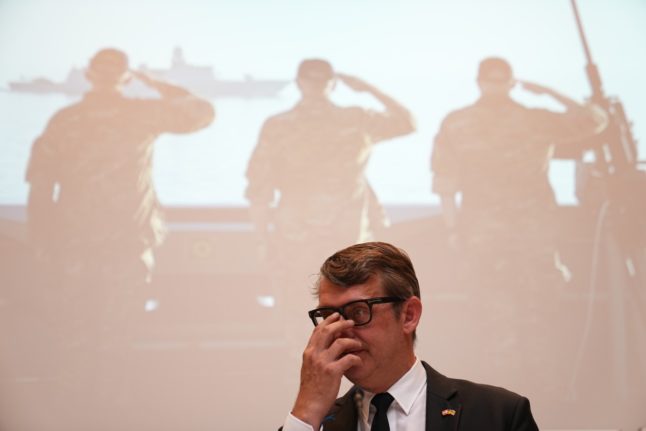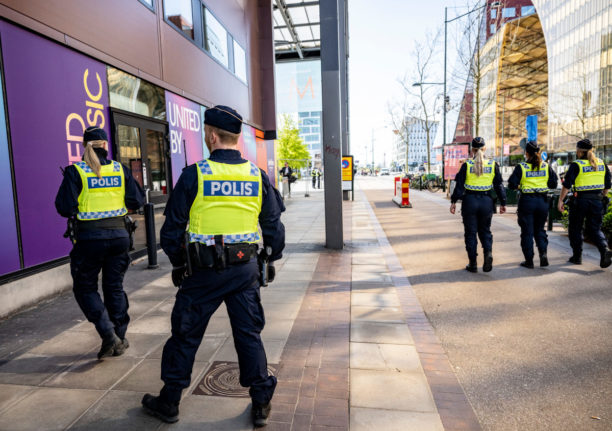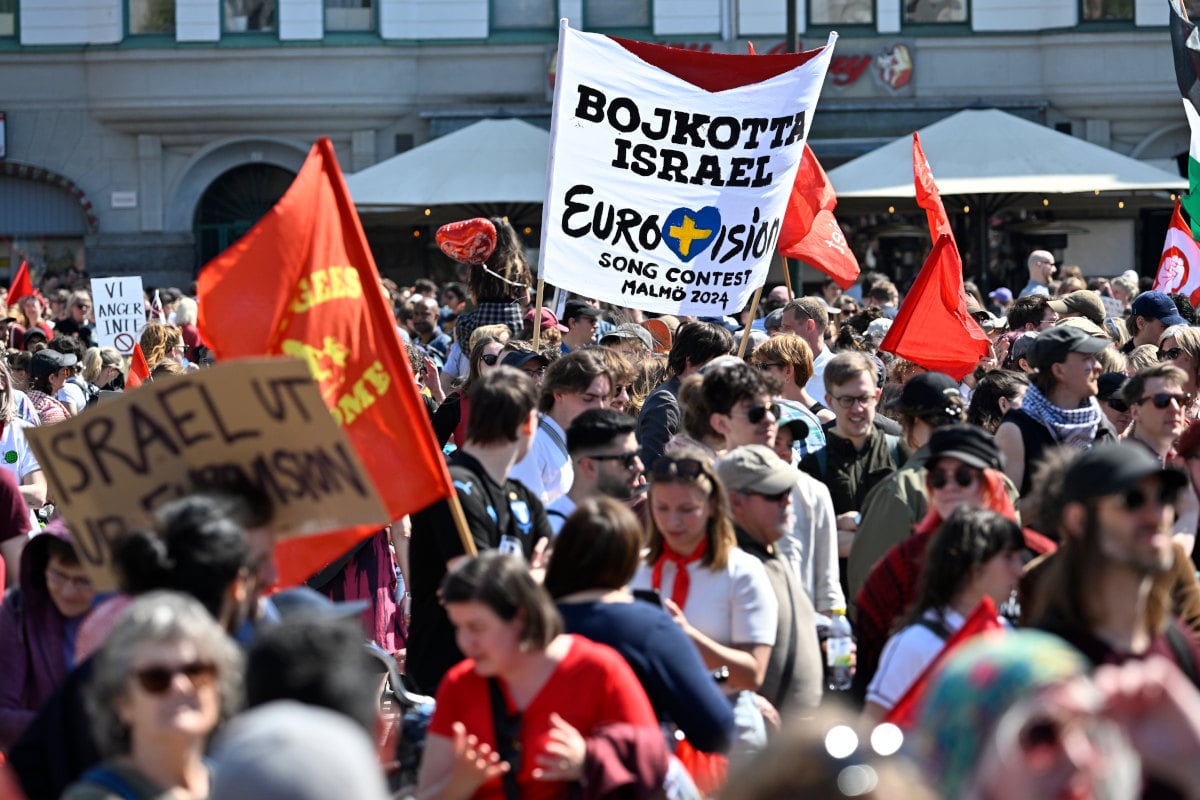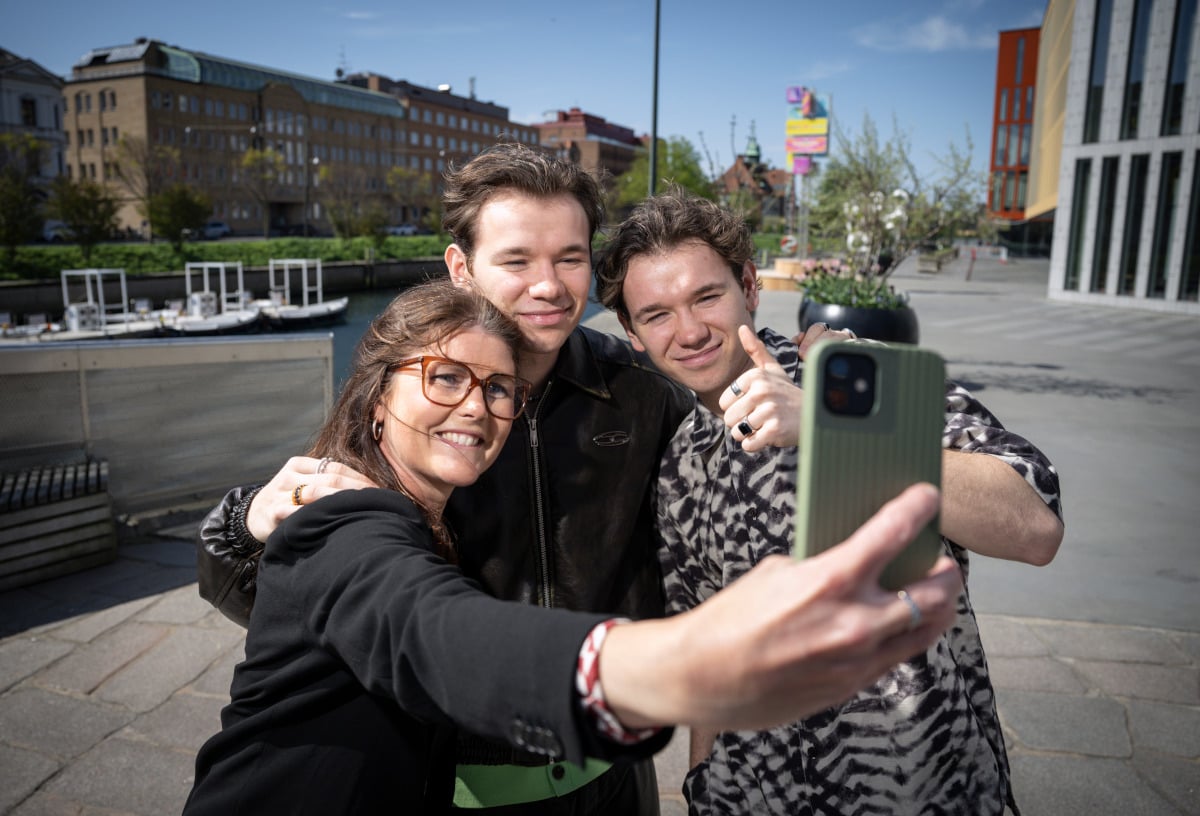“We are standing before an historic turning point in defence and security policy. There is war in Europe and we can no longer take peace for granted,” acting defence minister Troels Lund Poulsen said at a press conference. “This is an historic increase”.
Poulsen spoke of a new “complex threat picture, which is putting new demands on Denmark’s defence system and its society”.
“The threats against us have changed character,” he said, according to Danish state broadcaster DR, naming energy politics, disinformation, cyber attacks, and the war in Ukraine as some of the new challenges.
The new budget totals 143.2bn kroner over the next ten years, with annual spending rising steadily from 6.7bn kroner in 2023 up to 19.2bn by 2032.
Some 105.4 billion will go to new defence and security priorities, while 26.9bn kroner will go towards repairing and renovating buildings, improving IT and supporting personnel, and 10.9bn kroner will go towards investing in staff and materials. Around 21.9 billion kroner will go into the government’s Ukraine fund.
Denmark will only meet Nato’s 2 percent target under the spending plans if the donations it has made to Ukraine through its Ukraine fund are included.
At the press conference Poulsen said that for him there was “no doubt whatsoever” that Ukraine spending was a part of the country’s defence budget and so should qualify towards the Nato goal.
To be updated shortly…





 Please whitelist us to continue reading.
Please whitelist us to continue reading.
Member comments